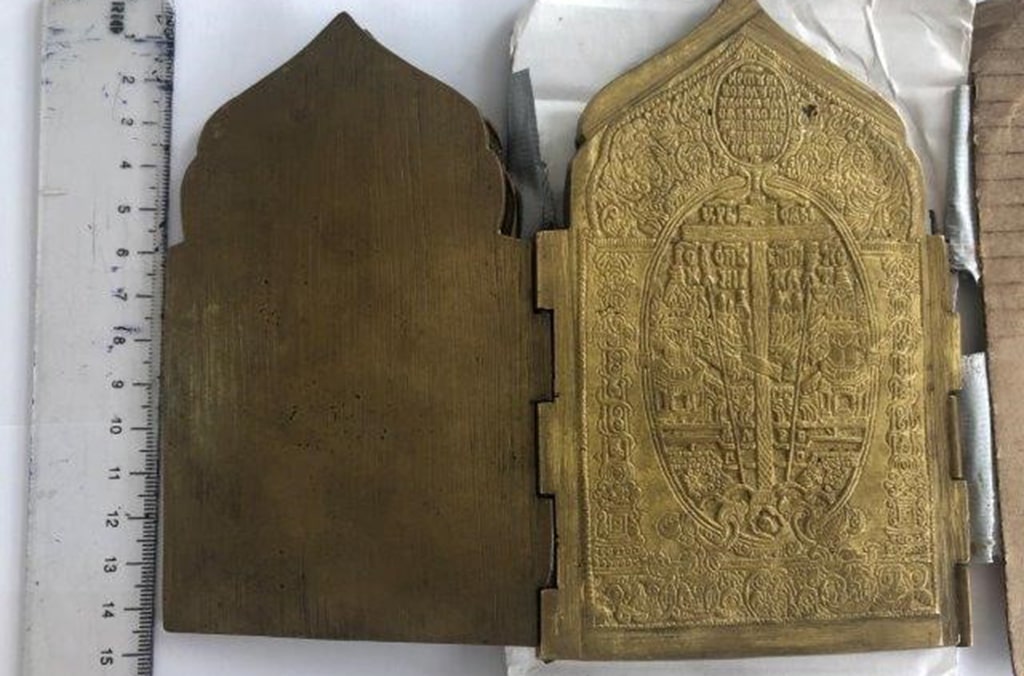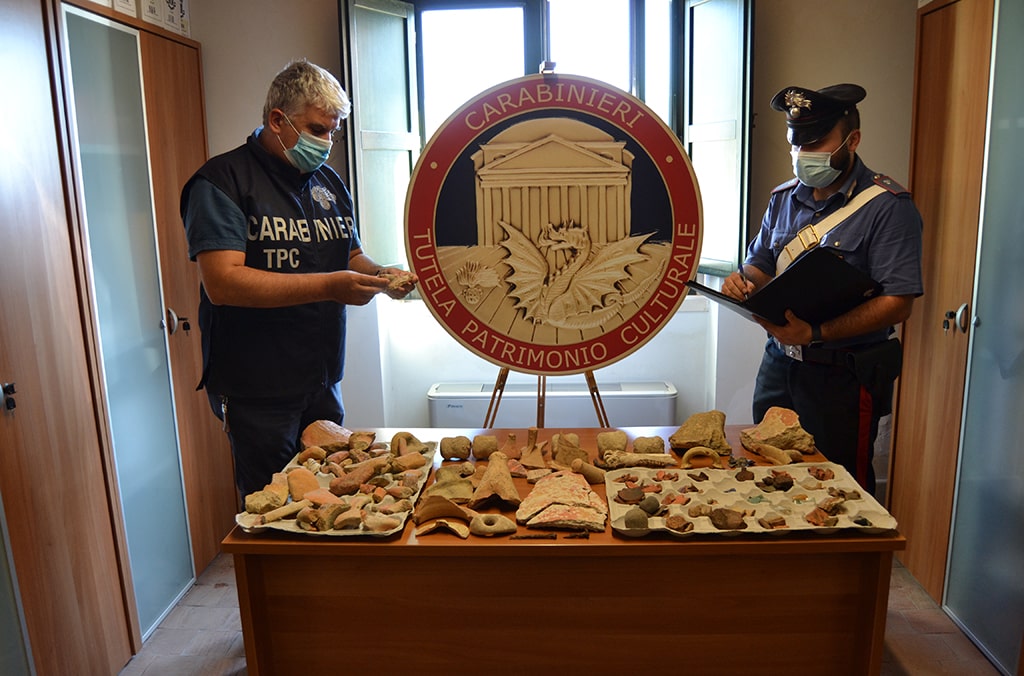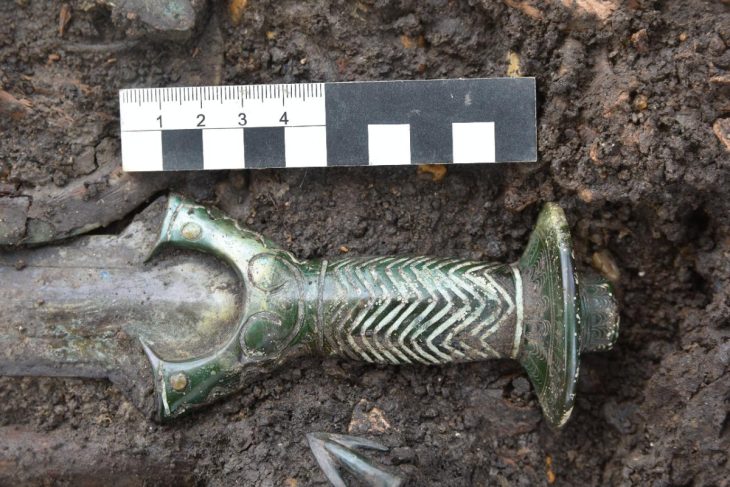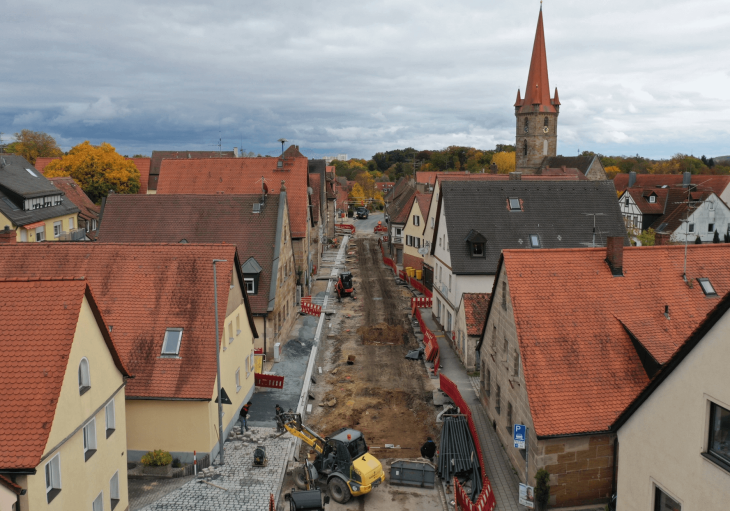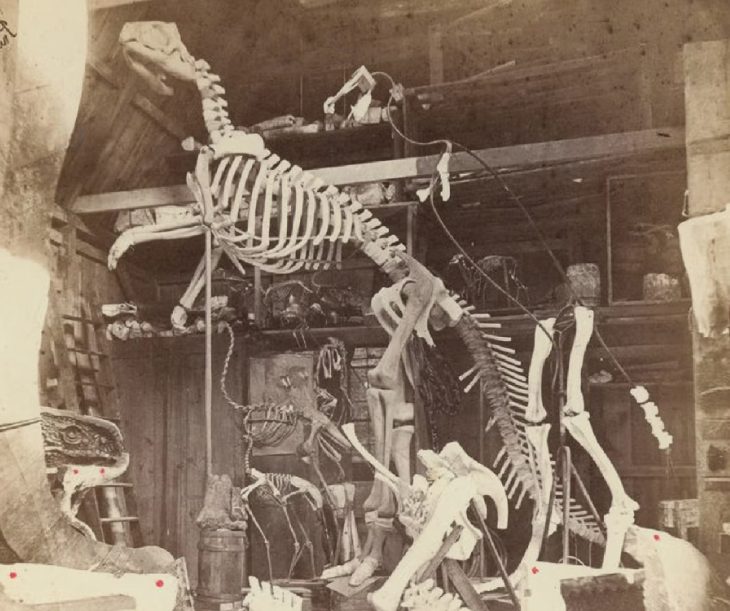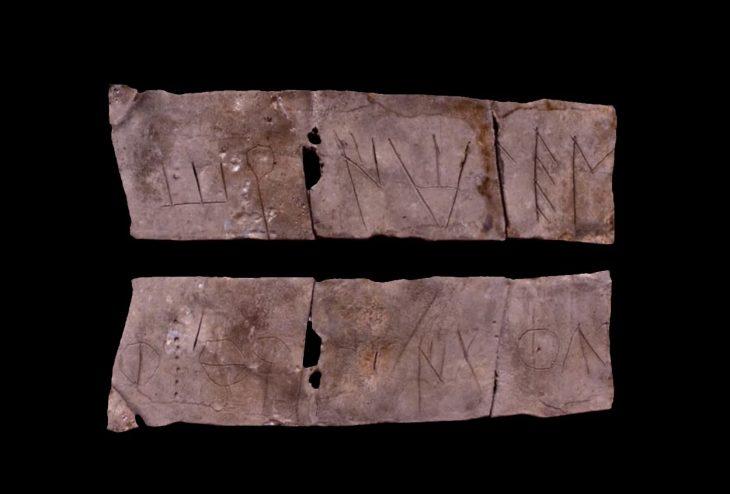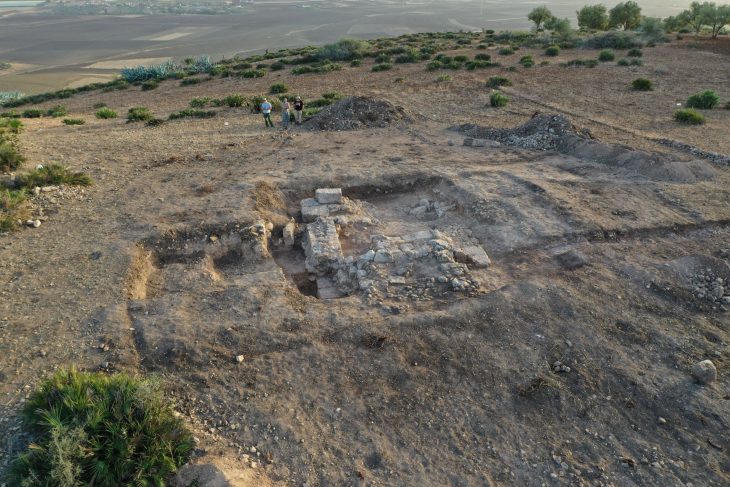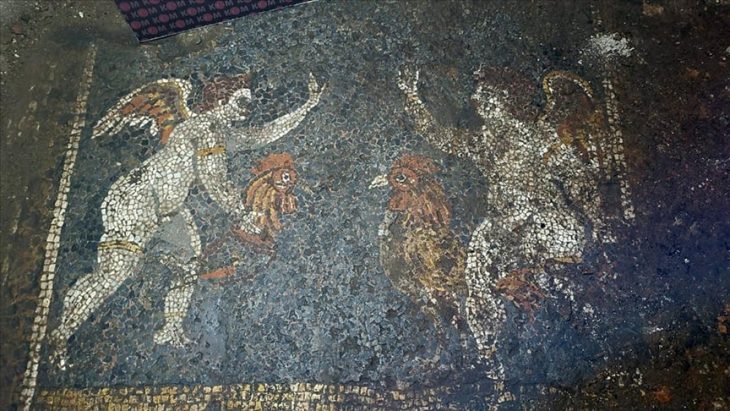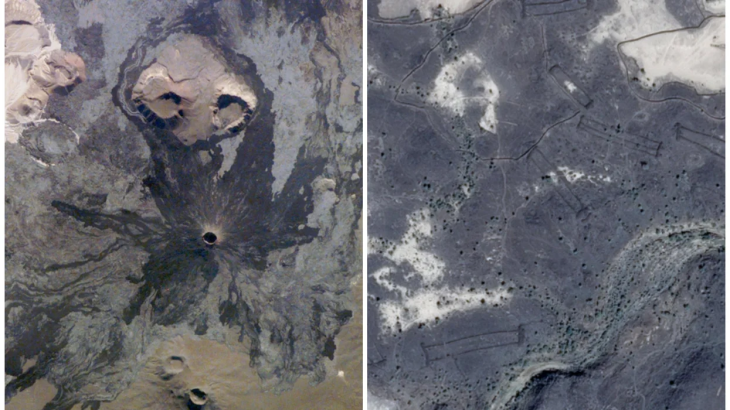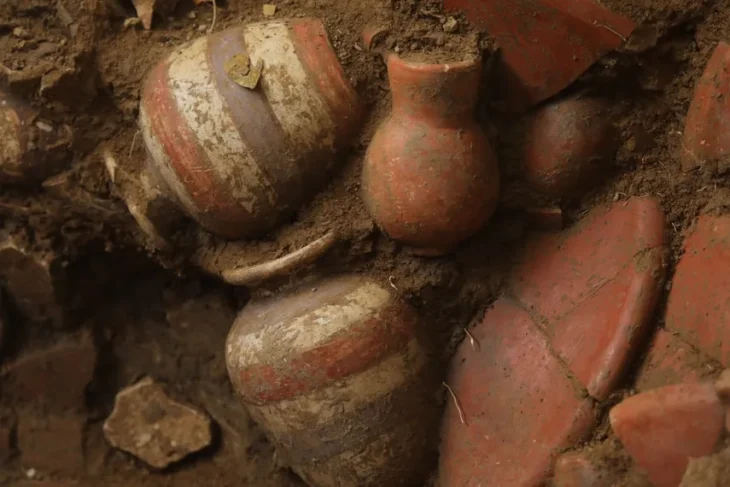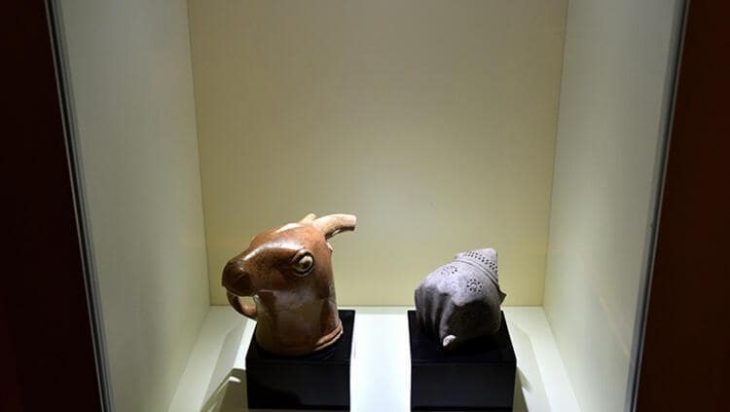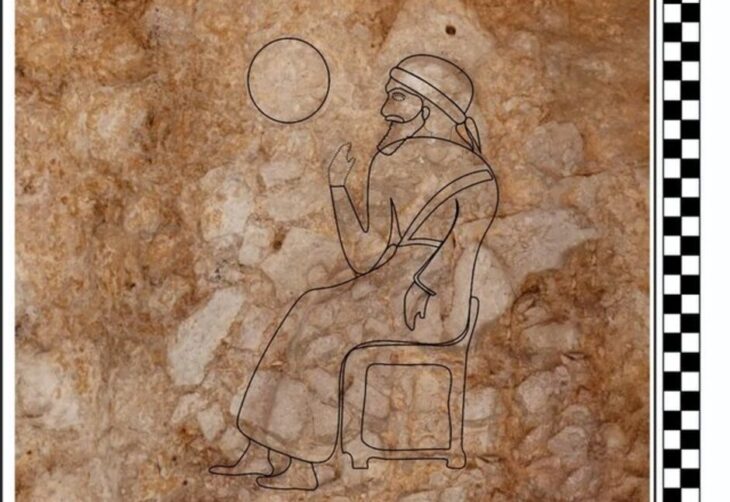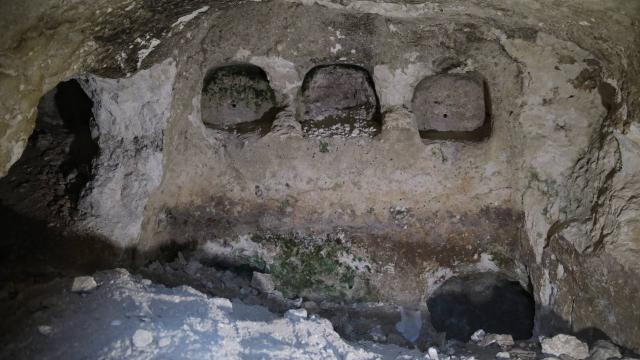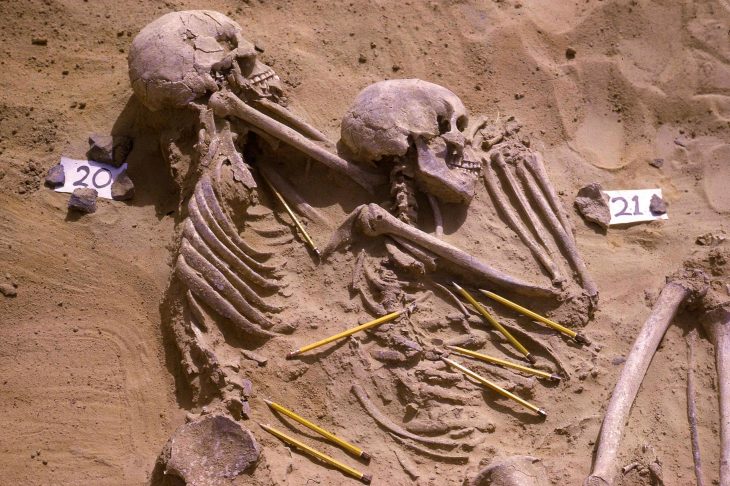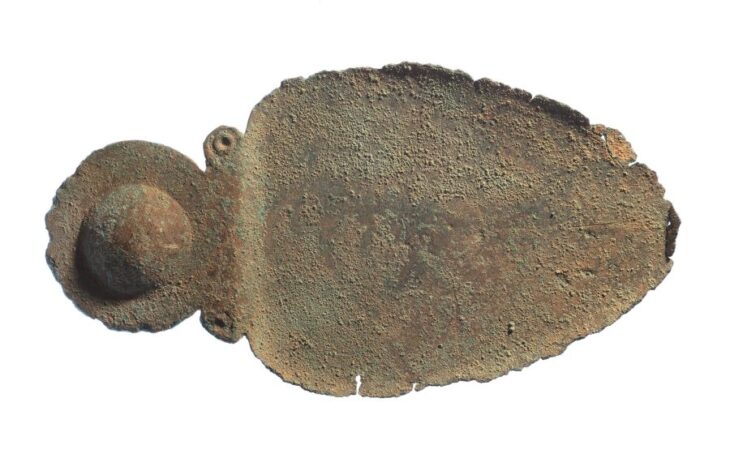Operation Pandora V, aimed at preventing the illegal trade of cultural goods, has been one of the most successful operations ever. Archaeological artifacts, furniture, coins, drawings, musical instruments, and sculptures are among these objects.
More than 56,400 cultural goods were rescued in the operation, which was carried out with the participation of 31 countries in total.
During the operating process, tens of thousands of checks and controls were performed in airports, ports, border crossing points, auction houses, libraries, and private residences. As a result, over 300 inquiries were launched, and 67 people were arrested.
This operation was led by the Spanish Civil Guard (Guardia Civil), with the international coordination supported by Europol, INTERPOL, and the WCO. PANDORA V was carried out in the framework of the European Multidisciplinary Platform Against Criminal Threats (EMPACT).
Given the global nature of this crime, operation coordination units working 24/7 were established by Europol on one side, and the World Customs Organization and INTERPOL on the other, to support the exchange of information as well as disseminate alerts, warnings and perform cross-checks in different international and national databases.
📣 Our WhatsApp channel is now LIVE! Stay up-to-date with the latest news and updates, just click here to follow us on WhatsApp and never miss a thing!!
French Customs (Douane), which seized 27 300 archaeological artifacts in a single investigation in the results of the operation, showed great success.
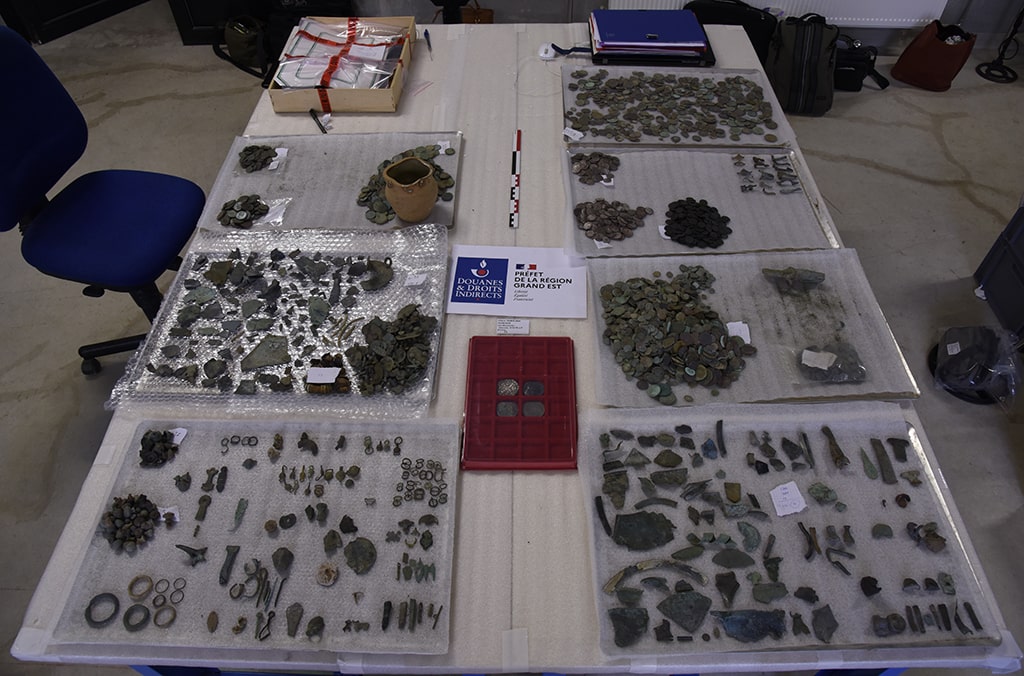
Operation results
- The Spanish authorities seized more than 7 700 cultural goods including archaeological artifacts, coins, sculptures and statues, weapons, paintings, and archives of sound, film, and photography with a value in excess of €9 million.
- During the operational phase, the Spanish Civil Guard (Guardia Civil) also finalized a complex investigation initiated within the framework of Pandora III. As a result, one individual was arrested and 94 objects stolen in various places of worship were recovered. A total of €165 000 in cash was seized at his home. The arrestee is suspected of trying to sell online these stolen goods, such as a 16th-century silver chalice and an illuminated manuscript of the Apocalypse by Beatus of Liébana.
- During searches on the internet, the Swedish Police (Polisen) identified a folk art item stolen in Sweden in 2019. At that same online auction, the Swedish Police discovered a pair of 17th-century candlesticks stolen from a Swedish church 8 years ago.

- The Italian Carabinieri Corps (Arma dei Carabinieri) reported more than 2 700 cultural goods seized including ceramics, archaeological goods, art, and books valued at €1 155 000.
- The Hellenic Police (Ελληνική Αστυνομία) carried out 34 arrests and recovered a total of 6 757 antiquities, including ceramic and marble objects, as well as 6 452 coins, 5 533 of which were recovered in one single investigation. In one case, two Greek nationals were arrested for trying to sell 6 marble and clay antiquities for €150 000.
- A total of 50 metal detectors were seized, and 6 of them were seized directly in archaeological sites, clearly demonstrating that such sites are under threat.
- Several hundreds of Word War II grenades and other explosive devices were seized by the Police Force of the Slovak Republic (Policajný zbor Slovenskej Republiky). This is a worrisome development as some of these old explosive devices are still functional and may lead to numerous casualties.
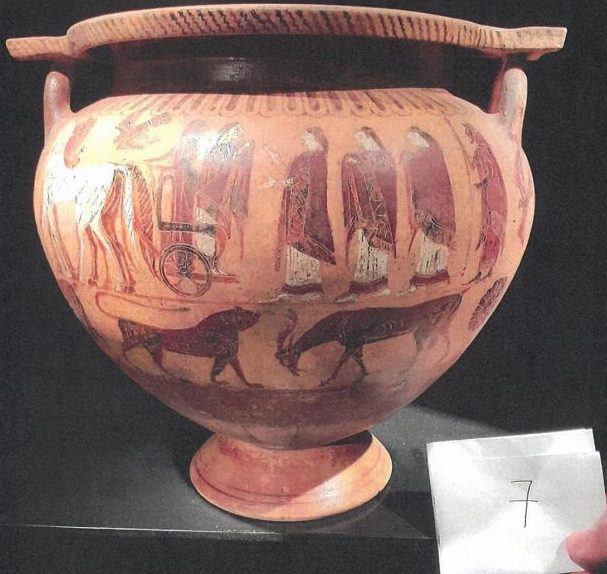
Internatıonal coordination
Europol, as co-leader of this action, played a key role in implementing the entire operation by facilitating information exchange, and providing analytical and operational support. The WCO also facilitated intelligence exchange among different agencies through a special user group created on its CENComm communication platform.
INTERPOL connected Balkan and European participating countries, facilitating the exchange of information through its secure communications system. A dedicated expert supported the entire operation by double-checking searches against INTERPOL’s Stolen Works of Art database to locate and identify stolen and missing items.
Participating countries: Albania, Austria, Belarus, Belgium, Bosnia and Herzegovina, Bulgaria, Croatia, Cyprus, Czechia, Denmark, France, Germany, Greece, Ireland, Italy, Latvia, Luxemburg, Malta, the Netherlands, North Macedonia, Montenegro, Poland, Portugal, Romania, Serbia, Slovakia, Slovenia, Spain, Sweden, Turkey, and the United Kingdom.
Source: İNTERPOL Press Release

